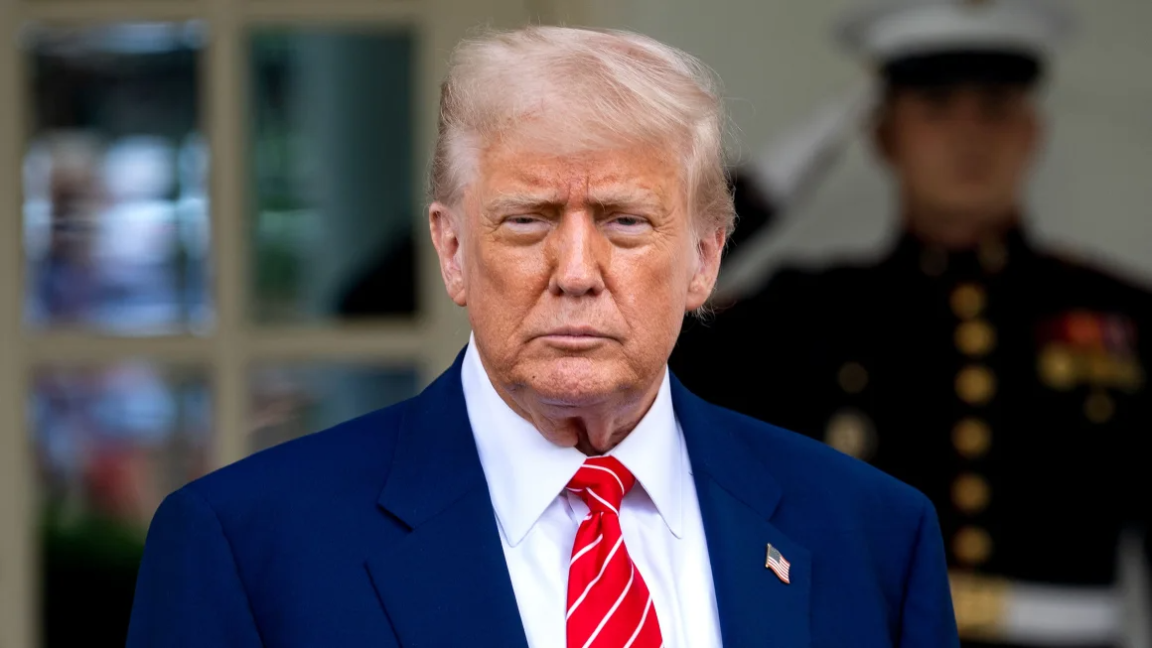On Sunday, President Donald Trump declared that he intends to reinstate a contentious program from his first term that targets prescription cost reduction.
By basing payments for certain medications on their prices in other nations.
His previous law, known as “Most Favored Nation,” was finalized in late 2020 but was revoked by then-President Joe Biden in 2021 after being halted by federal courts.
Medicare payments for some medications given in doctor’s offices would have been affected. It’s unclear, though, which medications or payments the new directive will cover.
Trump said he intends to execute an executive order Monday morning that he claims would significantly reduce prescription prices in a post on Truth Social on Sunday night.
“I’m going to sign one of the most important executive orders in the history of our nation. Prices for pharmaceuticals and prescription drugs will be lowered by 30% to 80% practically instantly,” he stated.
“A MOST FAVORED NATION’S POLICY, which I will be implementing, will ensure that the United States pays the same price as the nation that pays the lowest price globally.”
During the president’s first term, pharmaceutical imports were excluded from such taxes, but the Trump administration is now attempting to levy duties on them.
Prices may eventually rise as a result of the tariffs, which may worsen shortages of some medications, especially generic ones.
Medicare and its beneficiaries may save money if the new presidential order is similar to the 2020 regulation.
However, experts warned that it might also restrict patients’ access to prescription drugs. The structure of the policy determines a lot.
